Ride a wave, save the ocean: Smartfin records data while you surf
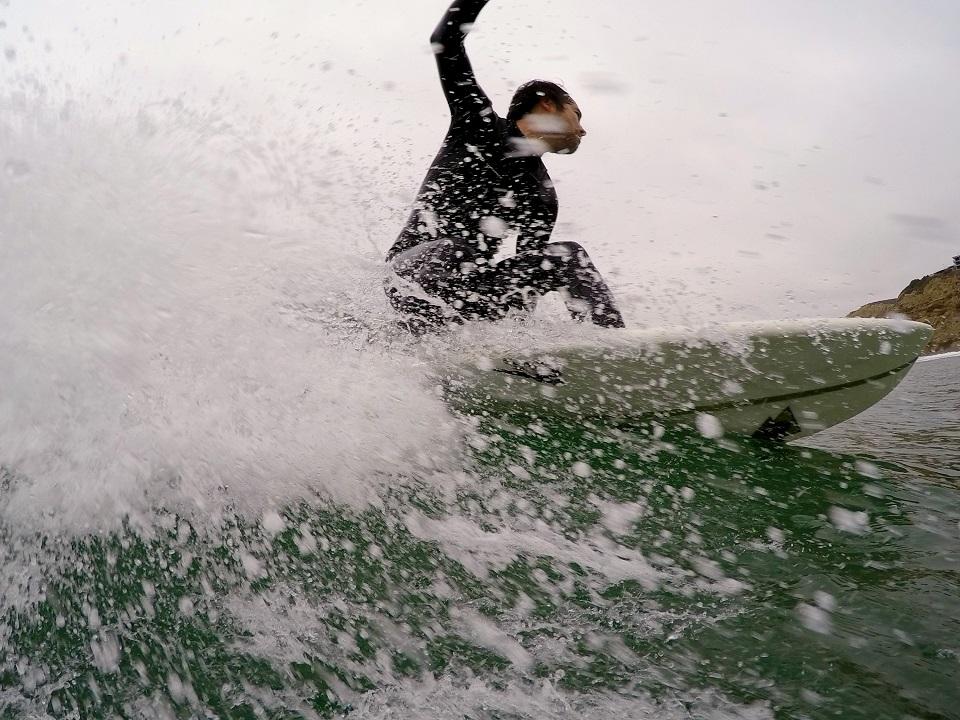
Climate change is here and marine scientists need data to see what's happening in the world's oceans. But with thousands of kilometers of ocean to cover, scientists need all the help they can get. Know who's in nearshore waters for hours on end? Surfers and their surfboards.
Enter the Smartfin.
The Smartfin is an innovative surfboard fin that records water temperature, water motion, and GPS location while a surfer is in the ocean. The sensor is sealed inside the fin, with the data downloaded via Bluetooth and wireless charging. It was developed by Lost Bird, an environmental non-profit founded by Dr. Andrew Stern.
Why surfers?
Stern says that involving surfers as citizen scientists was an "organic evolution."
"I talked to an oceanographer who suggested that I talk to surfers, then ran into Benjamin Thompson, a surfboard engineer who had already been using sensors on the board itself for structural information like the flex of the board during surfing," said Stern. "I asked if he could make ocean chemical sensors and place them within the fin."
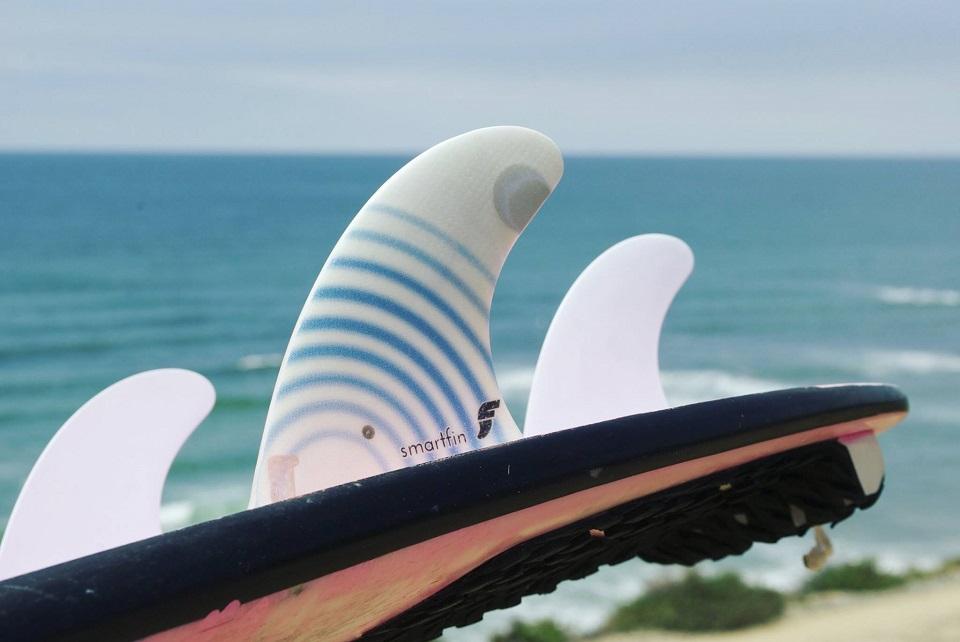
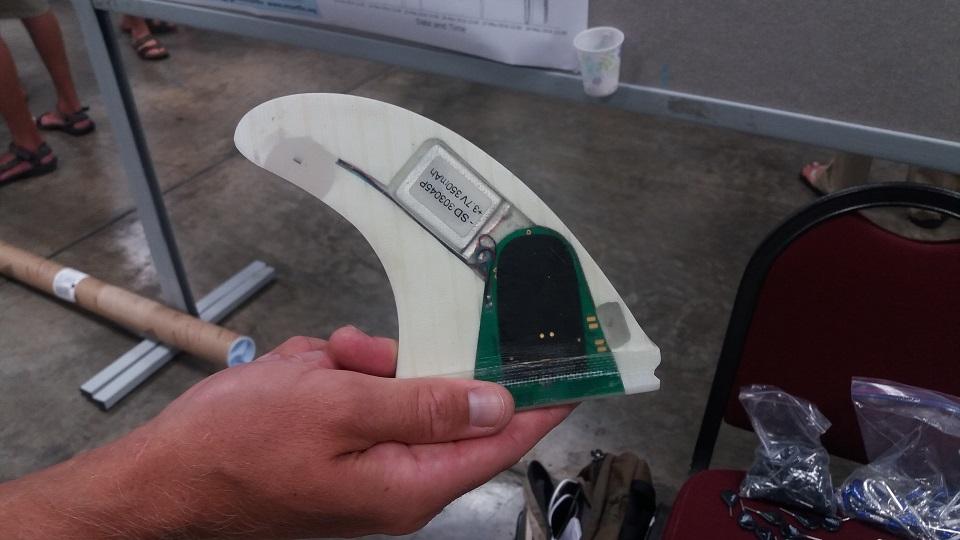
As the Smartfin was co-developed and designed by a surfboard engineer, surfers can rest easy knowing that contributing to science won't affect their ride. "Smartfin will match other premium fins identically in all physical characteristics—mass, flex, geometry, and damping," said Stern.
Designing the fin was no easy task. It took 30 engineers three years to come up with a testable prototype.
Partnering with scientists
The Scripps Coastal and Open Ocean Biogeochemistry (SCOOBY) Laboratory of the Scripps Institute of Oceanography in the University of California-San Diego is in charge of testing the Smartfin. Its accuracy and precision were first tested in a laboratory water tank against high-end oceanographic equipment.
Field testing followed, where 10 beta testers surfed the Smartfin at least 3 to 4 days a week in the surf break in front of Scripps.
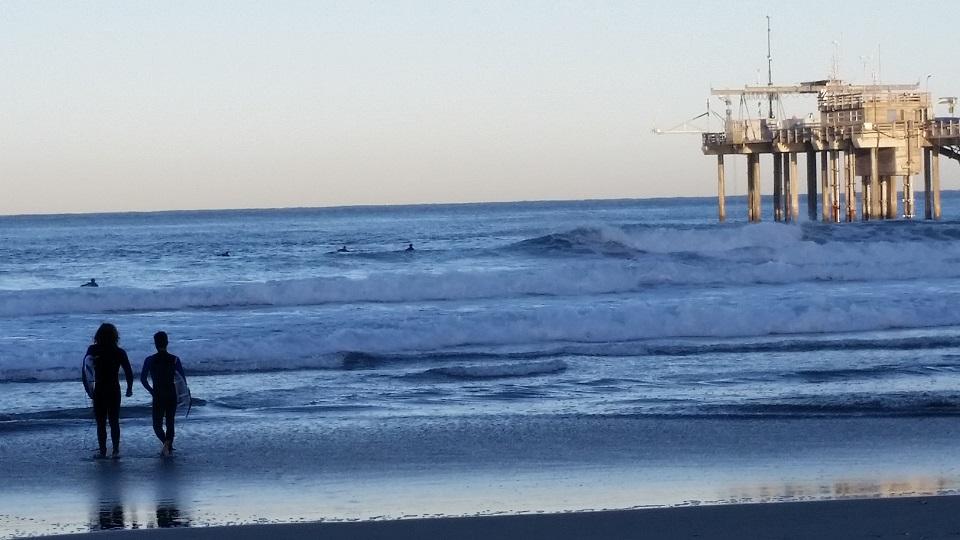
"There's a temperature sensor attached to the Scripps pier which allows us to compare the measurements in the surf zone to a well-calibrated scientific instrument," says Dr. Tyler Cyronak, the post-graduate researcher attached to the project.
"Once we have had the fins out for 5 to 6 months, we will bring them back to the lab and test for any drift in the sensors. So far, we are about 3 months into the beta test and the data is looking great. The temperature data is within at least 0.1 degrees Celsius and is probably better, but we need to complete more testing to have a concrete number."
While Lost Bird and SCOOBY are concentrating on temperature at the moment, there are plans to add other sensors in the future, such as salinity, pH, and chlorophyll.
Partnering with surfers
Lost Bird is partnering with the Surfrider Foundation to distribute the Smartfin, with an estimated release of 50 to 100 fins to the San Diego, California chapter by January 2017. Chapters in the coast of Southern California should receive them by March 2017, and international chapters by January 2018.
The data gathered by surfers all over the world will be made available to oceanographers for free.
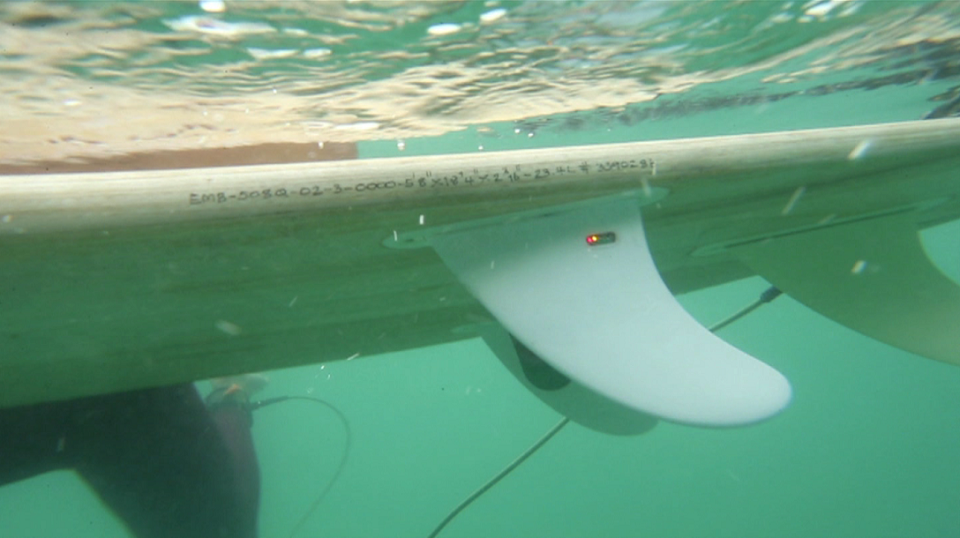
Lost Bird and SCOOBY hope that the Smartfin will increase awareness for climate change, get citizens involved in ocean science, as well as help ground truth sea surface temperature data obtained by satellites and better inform coral bleaching responses. — BM, GMA News




